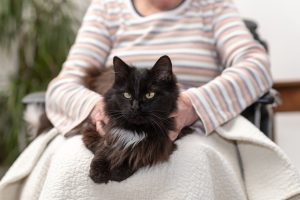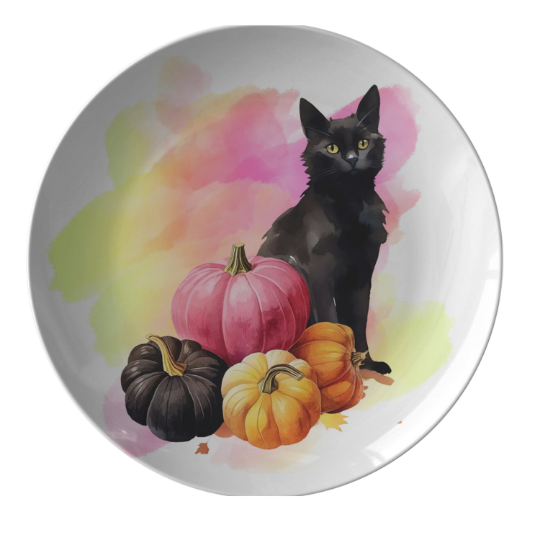 Besides time passing by, many things can make your cat older, prematurely. If you notice that your aging cat does not want to eat or drink talk with your vet.
Besides time passing by, many things can make your cat older, prematurely. If you notice that your aging cat does not want to eat or drink talk with your vet.
Sometimes they need medicine to help them feel better and get back to eating and drinking again, which will keep them full of life.
You should also clean their ears, brush their fur, get them a new toy every now and then, play with them more often than usual, give them extra snuggles when they seem sad or scared, or just because they love it so much!
Schedule twice-annual “wellness” visits. “There’s a grace period for many illnesses: If you catch it early on, it’s usually less expensive and treatment is much more successful. Vet can do routine tests, such as blood tests or urinalysis, to pick up on the very earliest signs of health problems,” Becker says.
Because she is an older cat she might have problems jumping to higher spaces like top refrigerators. Therefore, make favorite spots easy to reach. Give her ramps or steps so she can get to the window to bird-watch.
Buy a litter box with shorter sides. A tall litter box can be hard for her to get in and out of.
Get your cat close to her ideal body weight. Your cat may also need a special diet to treat specific health conditions, such as a kidney diet or a liver diet. Ask your veterinarian.
Make sleep and food appealing. Give her softer bedding. Heat her food to release the aromas. Cat fountains encourage cats to drink, which can be a big problem with older cats.
So even though a cat is older there are several things you can do to keep her or him healthy and live as long a life as possible.

